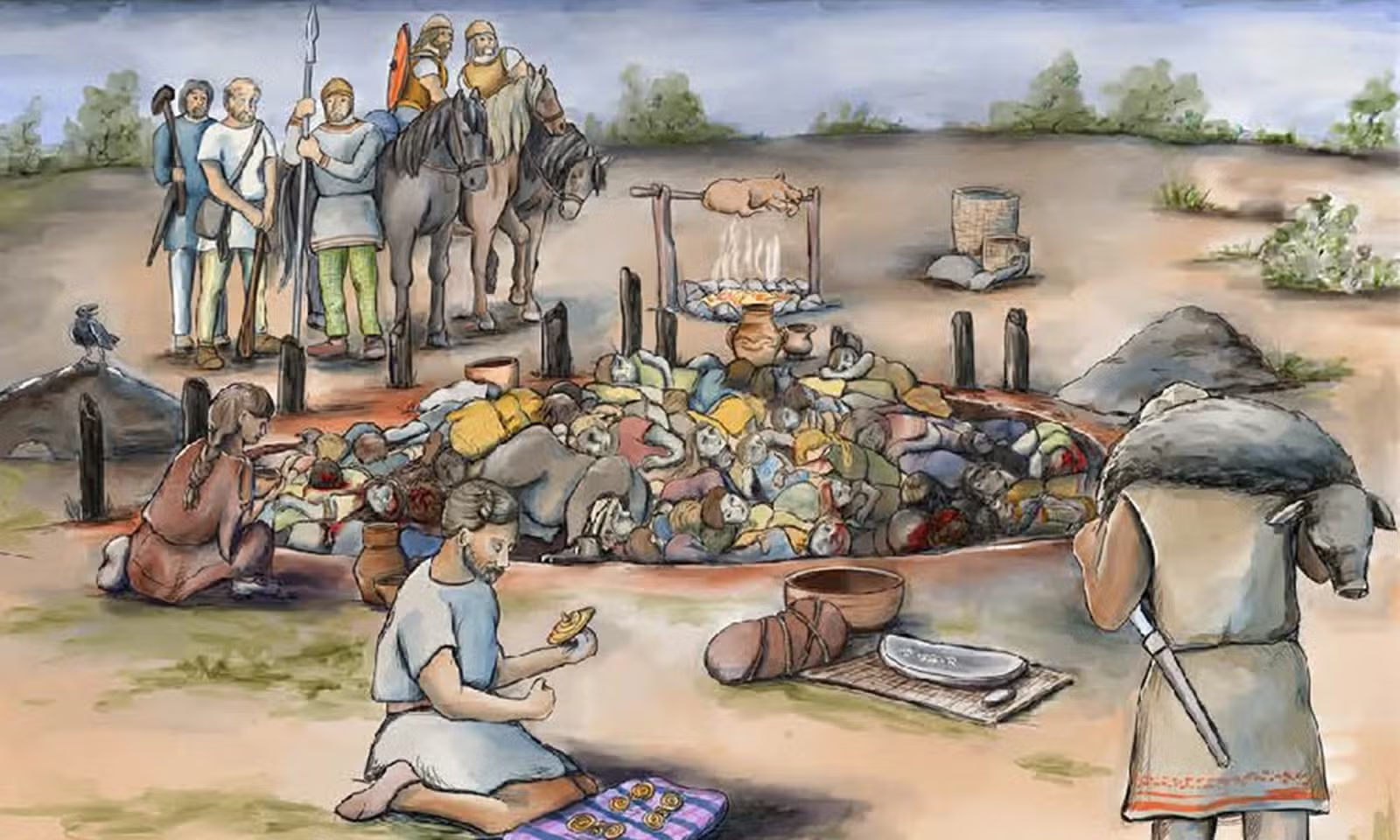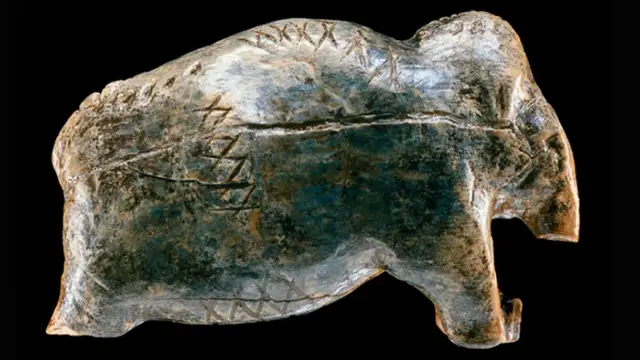Kush, located in what is now Sudan, was an African kingdom with a rich history intertwined with Egypt. Rising around 1070 BCE, it flourished as a center of trade, culture, and military power.
Political and Military Influence
Kushite kings ruled Nubia and, at times, Egypt itself during the 25th Dynasty. Their armies defended trade routes and maintained control over gold-rich regions along the Nile.
Culture and Religion
Kushites adopted and adapted Egyptian religious practices, building pyramids, temples, and artwork in their own distinctive style. Gods like Amun and Isis were central, yet local deities maintained importance.
Decline and Legacy
Kush declined due to environmental changes and foreign invasions but left a lasting legacy in architecture, art, and African political history.
Conclusion
Kush exemplifies a sophisticated African civilization, highlighting the interconnectedness of Nile Valley cultures and the richness of premodern African history.







